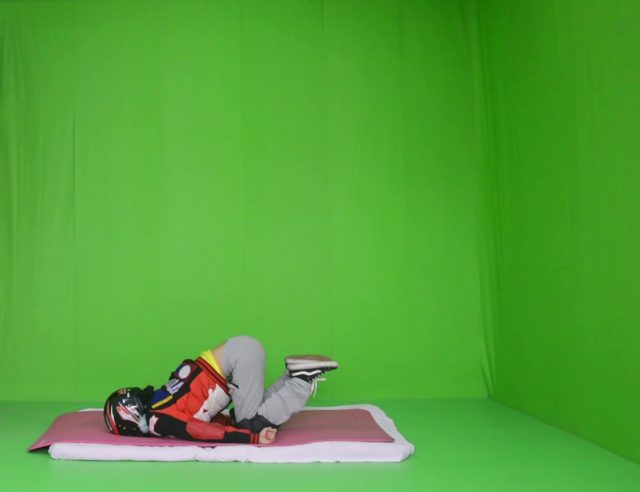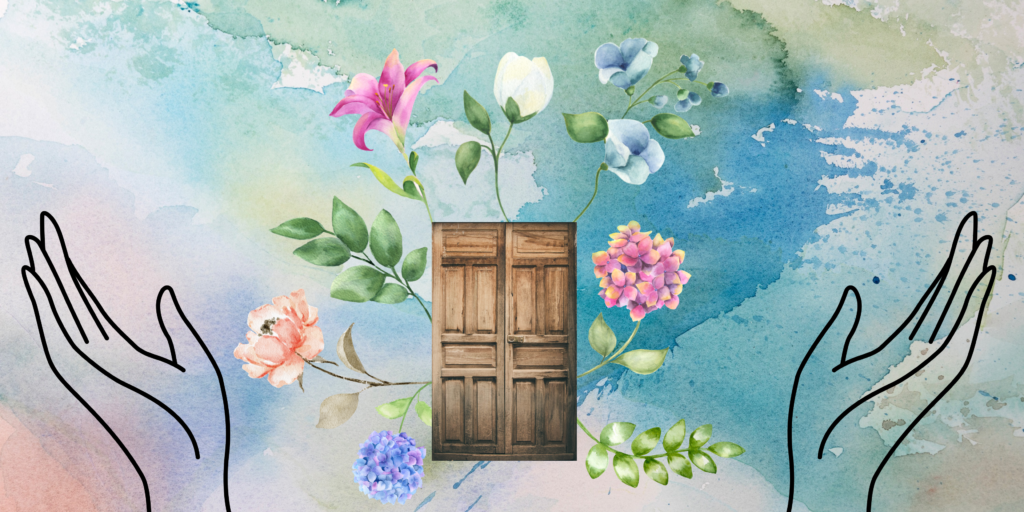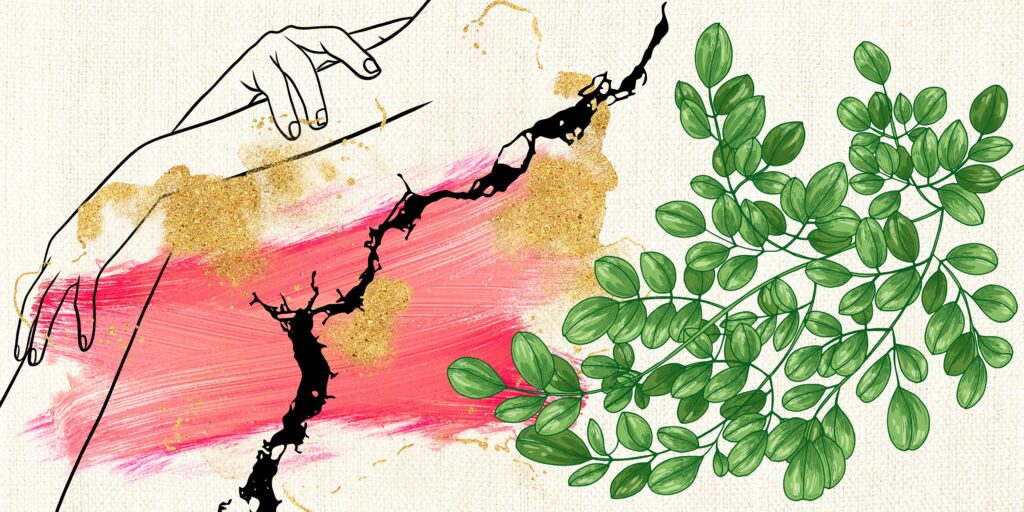Ultrasound waves / pulse between fluid, tissue, and bone一 / the embryo echoes.

November 1, 2018
Plastic 4: Craig Santos Perez’s poem unsettles our human dependence on the nurturing and noxious material that is embedded in earliest forms of life.
The countertranslation below features translations of Craig’s work by a fellow contributor to this folio. By making visible the multiple languages hiding in a mouth, and promoting translations that destabilize notions of mastery, countertranslation hopes to open possibilities of exchange beyond the frames of English and support a wider community of interpretation.
The Age of Plastic
The doctor presses the probe
onto my wife’s belly. Ultrasound waves
pulse between fluid, tissue, and bone一
the embryo echoes. Plastic makes
possible. At home, she labors in an inflatable
tub. Plastic leaches estrogenic and toxic chemicals,
disrupts hormonal systems. After delivery,
she places her placenta in a Ziploc
and stores it in the freezer. Plastic is the perfect
creation because it never dies. Our daughter
sucks a pacifier and sleeps in a crib.
Whales, plankton, shrimp, and birds confuse
plastic for food. My wife turns on
the breast pump; milk drips into a bottle.
Plastic labors to keep food fresh, delivers
medicine and clean water. How empty:
to be birthed, used, then disposed.
In the oceans, there exists one ton of plastic
for every three tons of fish. How free:
when it finally arrives to the paradise
of the Pacific gyre一far from
its degrading makers. Will plastic make life
impossible? I press the plastic nipple
to our daughter’s lips. I wish
she, too, was made of plastic
to survive our wasteful hands.
So that she, too, will inherit
“a great future.”
C O U N T E R T R A N S L A T I O N
The Age of Plastic
The doctor presses the probe
அவர் அழுத்துகின்றார்– ஒரு மண்வெட்டி
He presses一a spade
onto my wife’s belly. Ultrasound waves
என் மனைவியின் கருவில்– ஒலி பூகம்பங்கள்
to my wife’s womb一sound quakes
pulse between fluid, tissue, and bone一
நீர், சதை, எலும்பின் துடிப்பு
water, flesh, the beat of bones
the embryo echoes. Plastic makes
ஒரு கருவின் எதிரொலி. பிளாஸ்டிக்
the embyro’s echoes. Plastic’s
possible. At home, she labors in an inflatable
தோட்டக்கலை. வீட்டில் பிளாஸ்டிக் பூக்கள்
tilling. At home, plastic blooms
tub. Plastic leaches estrogenic and toxic chemicals,
நீர் பிடித்து, அவளைப் பிடித்து
hold water; hold her.
disrupts hormonal systems. After delivery,
she places her placenta in a Ziploc
and stores it in the freezer. Plastic is the perfect
creation because it never dies. Our daughter
எங்கள் மகள்
Our daughter
sucks a pacifier and sleeps in a crib.
தொட்டிலில் தூங்குகிறாள்
பிளாஸ்டிக் பூக்கள்
sleeps in a crib. She eats
சாப்பிடுகிறாள்
plastic flowers.
Whales, plankton, shrimp, and birds confuse
plastic for food. My wife turns on
the breast pump; milk drips into a bottle.
Plastic labors to keep food fresh, delivers
medicine and clean water. How empty:
இந்த வெறுமை என்ன?
What is this emptiness?
to be birthed, used, then disposed.
பிறந்தோம், சுரண்டப்பட்டோம், எறியப்பட்டோம்
We were born, were exploited, were thrown away.
I’ve been thinking lately about authorizing illiteracy as a way of growing within a mother tongue; about making visible a way of being within a language that is mine, even though I have not learned a way to make the marks that name it, even though we have deserted each other. I have written and spoken recently about how Tamil was taken from me, and how I was, in turn, taken away from it. Our mutual loss, first in the form of மல்லிகை jasmines and கனகாம்பரம் firecracker flowers stifled by the overgrowth of Wordsworth’s daffodils. Even though Tamil is my mother tongue, I can only speak and understand its demotic form and am barely literate一its 18 consonants and 12 vowels shapeshift, confounding me and wrapping me in our/their சுற்றுகல்一our/their loops, our/their roundabouts of the tongue and the eye, our/their sylph glyphs. But it is the only language I speak to my daughter. She brings me back to this desert, shows me that it too is land. The work of translating Craig’s piece was a return to the gentle acts of consulting and listening, between me, my grandmother (Helen), my mother (Cecily), and an aunt (Usha). As phone calls, WhatsApp conversations, and screenshots of Craig’s poem drifted between us, their edits, corrections, and my typographical errors bloomed into conversations about being together in a poem written by a stranger from land anchored to water一how, we wondered, were we landing together in Craig’s waters? Through translating English into Tamil, with three collaborators, I was enacting the familial as familiarity with a language, and vice versa. By concatenating ignorance and knowing, I was conjugating belonging. Tamil: I hear a hummingbird in my throat but, as I draw it out it, it turns to mud in front of my eyes. I’ve been gathering this mud to my lap and am building something. In this act of gathering, Craig’s poem becomes terrestrial一from his metaphor of salt water emerges my story of mud, land, muddled, lang syne, language made into a mudbank一as archaic and as new as a womb at the bottom of the sea, where plastic blooms and takes us back into the grasp of its collapsing calyx.
一Divya Victor



